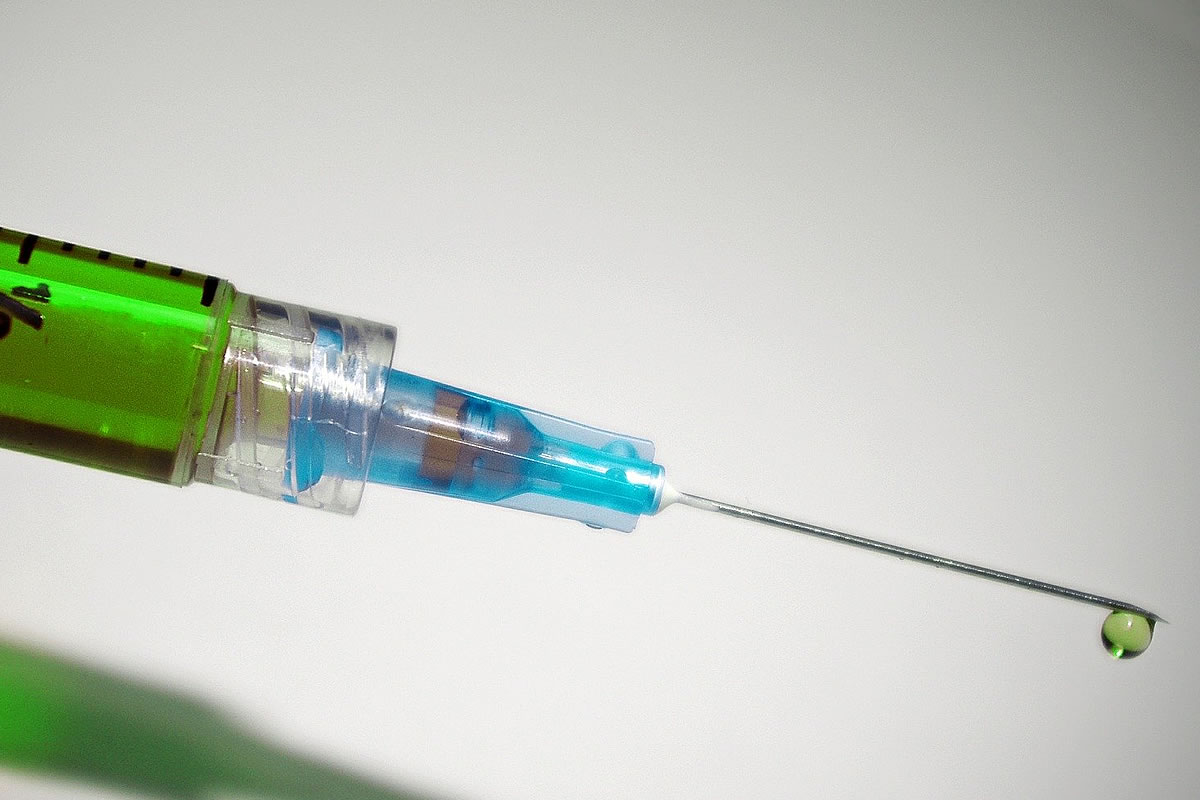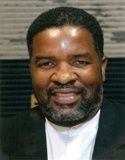
By Lindsay Street, Statehouse correspondent | Health and policy experts see developing a coronavirus vaccine as the best medical solution to kill off the disease that’s killed more than 1,000 in South Carolina and hundreds of thousands across the world. But while it may be months or even years away, now is the time to start working on how to administer it, they say.
As of Thursday, the coronavirus has infected 63,880 and killed 1,053 in the state. It is projected to kill more than 4,500 by Nov. 1.

“(A vaccine) really is the thing we need before we’re ever going to get back to normal again,” said Beaufort Republican Sen. Tom Davis, a member of both the Senate Medical Affairs and the Re-Open South Carolina Select committees. “It’s one thing to have a vaccine and it’s another to distribute it to have the economic and health benefits that we want and we ought to be preparing for it now.”
Prakash Nagarkatti, an immunologist and University of South Carolina vice president of research, called the question of getting a high vaccination rate in the state “the million dollar question.”
“If we can’t sell the wear-a-mask message, then we can’t sell the message of take-the-vaccine,” Nagarkatti said. “If you really want to open the economy and not have to think twice about the virus moving forward, then we need to wear masks and social distance and wash hands, but also once the vaccine becomes available and it’s safe, then people need to get vaccinated.”
Vaccine development under way
As of Friday, there are 197 vaccines currently in some phase of development. Under the federal government’s Operation Warp Speed, up to $10 billion in federal funding has been made available to eight vaccine developers. Making headlines this week: Moderna’s vaccine will start its final testing phase with a 30,000-person study July 27 to prove the efficacy of its shots.
“Developing the vaccine is not going to be difficult against this wild infection but making sure it works and making sure it does not trigger a bad reaction or toxic side effects, that safety is going to be a big concern,” Nagarkatti said.
In June, a USA Today panel that includes Nagarkatti predicted that vaccine development is about one-third of the way toward completion.
Nagarkatti said researchers will now begin to answer the questions of safety, and dosing and what level of infection and sickness an inoculated person is likely to get. Researchers also must figure out how long the antigens remain in a body after vaccination to determine if the vaccine must be given annually or only once.
Meanwhile, Nephron Pharmaceuticals in West Columbia announced this week it would prepare for a potential coronavirus vaccine distribution in its $215 million expansion plan that would create an additional 380 jobs.
Researchers have estimated at least 70 percent of the population needs to develop immunity to the virus for its eradication. That’s 3.5 million people in South Carolina, where only 1.5 million were inoculated during the 2019-2020 flu season.
Getting the message out
Nagarkatti said he fears up to 50 percent of the population may refuse vaccination — creating a roadblock not seen in the 20th century eradication of smallpox. Medical University of South Carolina microbiology professor Michael Schmidt said polio and smallpox — two victories of vaccination efforts — didn’t have what the coronavirus has: social media and brewing distrust.
Much of that distrust may come down to personal beliefs.
“It seems like everything in our society now automatically becomes politicized now even things you think couldn’t be are and that’s the nature of our times,” Davis said. “I wouldn’t be surprised if that happens with vaccinations as well.”


Columbia Republican Rep. Kirkman Finlay said opponents of vaccinations cut “across some weird political lines.”
“If you or your child or grandmother dying doesn’t motivate you, I don’t think anything would,” he said.
Charleston Democratic Rep. Wendell Gilliard said he hasn’t seen any hesitation among his constituents.
“As long as the FDA[U.S. Food and Drug Administration] approves it and it’s proven to be effective and safe, they’d stand in line for it for their children and themselves rather than be put on the ventilator,” he said. “When you look at the people who have contracted this every day, everybody will be kicking the doors down to be vaccinated.”
Public health policy experts said now is the time for health officials in the state to begin crafting public messages to combat misinformation.
“We really need to think strategically in how to message this properly to the general public,” Schmidt said.
Infrastructure questioned
Logistics should be worked out at the same time as vaccine development, some say.
“We’ve seen the challenges with simply lining up for voting,” Schmidt said. “One of the discussions that our governor and state legislature needs to be planning for: if we get a vaccine how are we going to distribute it?”
The state, like many other states, was behind the curve on testing and still lags behind where health experts say it could mitigate or suppress the virus. Some have drawn parallels between the inability to ramp up testing and the problems to come with vaccine distribution.
“It’s incumbent upon government to put into place the infrastructure whereby if someone wants to get vaccinated they can,” Davis said. “(Testing) exposed a structural problem here in South Carolina. We had difficulty in ramping up tests because we didn’t have the personnel and the various pieces.”
Part of that streamlining could come from expanding the pool of those qualified to administer vaccines. Davis has worked in recent years in expanding the list of health services under nurse practitioners and other medical professionals.
“There’s no reason why more couldn’t be authorized to administer the vaccine. That just goes into the logistics of it all. How do you go about making the massive number of people available to the vaccine,” he said.
Schmidt posed a similar question.
“Should we deputize dentists to administer vaccines in addition to pharmacists, nurses and others?”
There is also the question of what kind of vaccine will become available and how it must be stored. If it must be refrigerated, then that could pose an additional logistical woe, Schmidt said.
A question of mandating the vaccine
There is a question over whether South Carolina could or should attempt to mandate vaccination for the coronavirus.
Finlay said last week in a discussion about getting people back to work: “That’s going to be the next question, what do we do about people who refuse to vaccinate?”
S.C. Department of Health and Environmental Control’s Laura Renwick said a vaccine mandate would likely need a gubernatorial declaration. The governor’s office did not respond to a request to comment on this story.
It could also come down to the legislature.
“You got to go about a mass inoculation. What role does the state play? I don’t know enough about that yet,” Davis said. “It’s going to be something we have to engage in just like we’ve had to engage in the discussion of at what point does our liberty need to be constrained to prevent harm to others … Ultimately, we will be called upon to make some policy in this regard.”
- Have a comment? Send to: feedback@statehousereport.com















 We Can Do Better, South Carolina!
We Can Do Better, South Carolina!
Pingback: Policy questions loom as coronavirus vaccine develops - COVID-19 World News
We will learn about the power and influence structures of South Carolina by tracking who gets it, when they get it and the degree of petitioning and obligation our elected officials will use to curry favors with voters and supporters. This will be the recovery plan to bring back the R party from the wilderness. Just look at the current COVID-19 disparities to understand how this will play out.